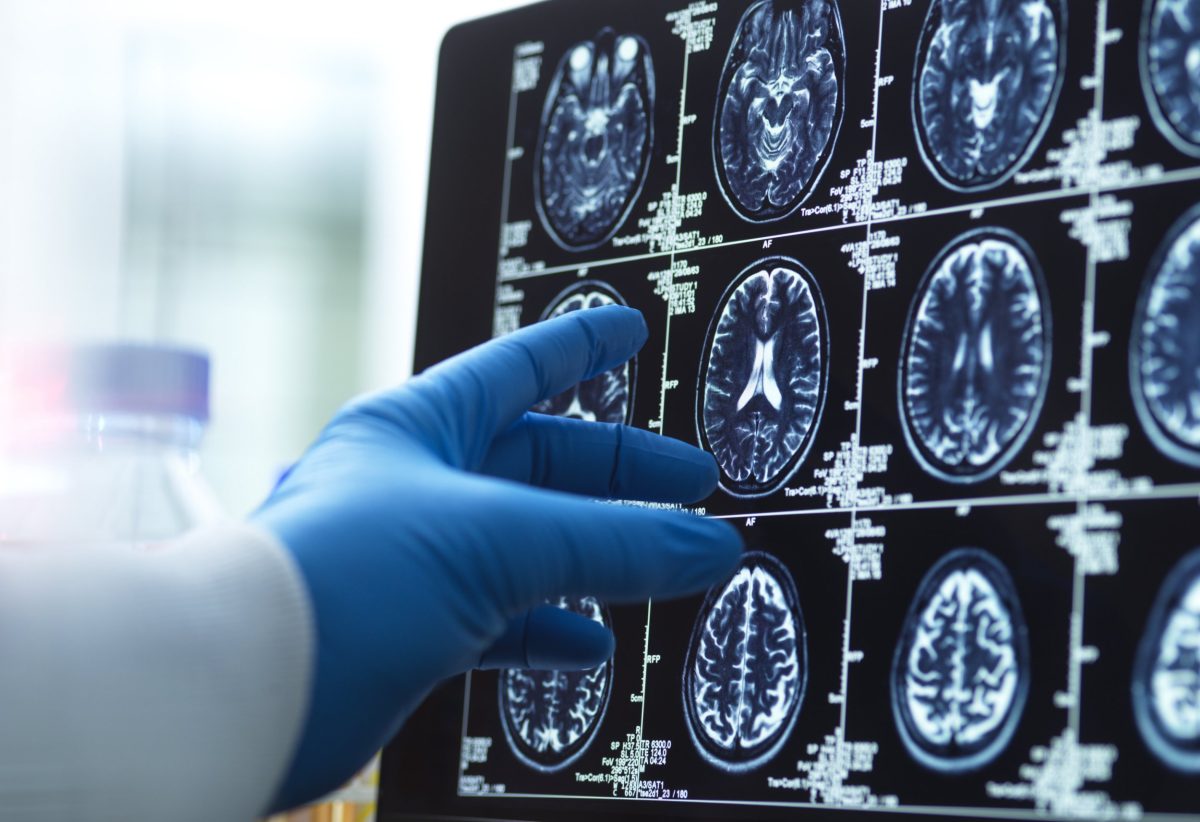Science
Revolutionary Blood Test for Alzheimer’s Disease Begins Major Trial

A new blood test for Alzheimer’s disease is undergoing a significant trial in the UK, potentially transforming how the disease is diagnosed and treated. The trial, which involves 1,100 British patients, aims to evaluate the effectiveness of the test in NHS clinics. Researchers hope to determine whether the test can enhance early and accurate diagnosis of Alzheimer’s by 2028.
The blood test is designed to detect proteins associated with Alzheimer’s, specifically p-tau217, which indicates the presence of amyloid and tau proteins in the brain. These proteins are linked to the disease and are currently identified through more invasive methods like PET scans or lumbar punctures. Professor Jonathan Schott, a neurologist at the National Hospital for Neurology and Neurosurgery, is leading the trial. He emphasizes the need for the test to complement existing assessments for memory and cognitive issues.
Potential Benefits and Concerns
While the introduction of this blood test may offer significant advantages in diagnosing Alzheimer’s, experts express caution regarding its implications. Professor Rob Howard, a dementia specialist at University College London, highlights a major concern: the test may identify Alzheimer’s-related proteins in individuals decades before they exhibit any symptoms. “People can have the pathology in their brain for 20 years before showing signs of dementia,” he noted.
This lag between detection and symptom onset raises ethical questions. For instance, an elderly person testing positive for Alzheimer’s may not live long enough to experience the full progression of the disease, leading to unnecessary anxiety and distress. Additionally, the potential for misdiagnosis in individuals without cognitive impairment could contribute to undue worry and exacerbate memory issues related to normal aging.
Sheona Scales, head of research at Alzheimer’s Research UK, advocates for the test, stating that a timely and accurate diagnosis can unlock essential support and care for patients. She describes the test as a potential “game changer” in how Alzheimer’s is managed. However, she and other experts stress that the test should only be administered to those showing cognitive impairment or memory concerns.
Public Access and Future Implications
The blood test is already available to the public in the United States, although health professionals advise that it should be conducted under medical supervision. This precaution is vital, as the test’s widespread use without proper guidance could lead to misinterpretations of results. Professor Howard strongly advises against individuals seeking the test without symptoms, a sentiment echoed by neurologists across the board.
As the trial progresses, researchers will assess not only the test’s accuracy but also its practical implications for patient care within the NHS. If proven effective, the blood test could pave the way for a less invasive and more accessible method of diagnosing Alzheimer’s, ultimately improving outcomes for many patients.
The ongoing research reflects over five years of advancements in blood testing technology, with a focus on accurately measuring low concentrations of blood proteins. As the healthcare community awaits the trial’s results, the introduction of this blood test represents a significant milestone in the fight against Alzheimer’s disease, offering hope for better diagnostics and treatment options in the future.
-

 Entertainment2 months ago
Entertainment2 months agoIconic 90s TV Show House Hits Market for £1.1 Million
-

 Lifestyle4 months ago
Lifestyle4 months agoMilk Bank Urges Mothers to Donate for Premature Babies’ Health
-

 Sports3 months ago
Sports3 months agoAlessia Russo Signs Long-Term Deal with Arsenal Ahead of WSL Season
-

 Lifestyle4 months ago
Lifestyle4 months agoShoppers Flock to Discounted Neck Pillow on Amazon for Travel Comfort
-

 Politics4 months ago
Politics4 months agoMuseums Body Critiques EHRC Proposals on Gender Facilities
-

 Business4 months ago
Business4 months agoTrump Visits Europe: Business, Politics, or Leisure?
-

 Lifestyle4 months ago
Lifestyle4 months agoJapanese Teen Sorato Shimizu Breaks U18 100m Record in 10 Seconds
-

 Politics4 months ago
Politics4 months agoCouple Shares Inspiring Love Story Defying Height Stereotypes
-

 World4 months ago
World4 months agoAnglian Water Raises Concerns Over Proposed AI Data Centre
-

 Sports4 months ago
Sports4 months agoBournemouth Dominates Everton with 3-0 Victory in Premier League Summer Series
-

 World4 months ago
World4 months agoWreckage of Missing Russian Passenger Plane Discovered in Flames
-

 Lifestyle4 months ago
Lifestyle4 months agoShoppers Rave About Roman’s £42 Midi Dress, Calling It ‘Elegant’









